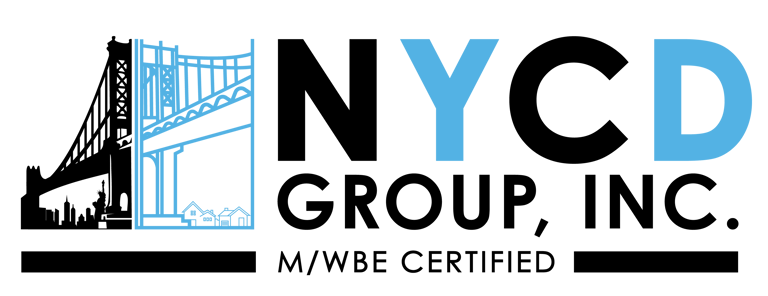Frequently Asked Questions
How long does the permit application process take?
Processing times vary by jurisdiction and permit type, ranging from same-day approval for simple permits to several months for complex projects.
What types of permits do I need for my project?
Different projects require different permits depending on scope, location, and purpose (building, electrical, plumbing, zoning, etc.).
How much do permits/permit services cost?
Fees vary depending on project value, square footage, and permit type. We offer a variety of services to fit your needs and budget. Please contact us for more information.
What documentation is required for a permit application?
Typically: Application forms, detailed plans/drawings, property information, contractor information, and sometimes environmental impact assessments
Can I make changes to my project after receiving a permit?
Minor changes may be allowed, but significant modifications typically require a permit amendment or new application.
How to determine the zoning of my property?
You can check your property's zoning designation through NYC's zoning and Land Use Map (ZoLA) at Zola.planning.nyc.gov or by contacting the Department of City Planning (DCP).
How do I know if my building is landmarked?
Check the NYC Landmark preservation Commission (LPC) website or use the NYC property information tool. Landmarked buildings require LPC approval before DOB will issue permits.
What are FAR (Floor Area Ratio) limitations?
FAR determines the maximum floor area allowed on a zoning lot. Multiply your lot area by the FAR for your zoning district to calculate the maximum floor area permitted. Different zoning districts have different FAR restrictions.
When is a Certificate of Occupancy required?
Generally, a CO is required for new construction, when a building's use changes (e.g., from residential to commercial), after major renovations, or when ownership of a commercial property changes.
What inspections are required to obtain a Certificate of Occupancy?
Common inspections include building, electrical, plumbing, mechanical, fire safety, and zoning compliance. Requirements vary by jurisdiction.
What happens if I don't resolve a violation?
Unresolved violations can result in additional penalties, daily fines, liens against your property, difficulty selling or refinancing your property, and potential legal action from the city.
How do I check if my property has open violations?
You can check for violations through the DOB's Building Information System (BIS) online portal, the NYC DOB NOW system, or by visiting a borough office in person with your property address or Block and Lot number.
What happens if I occupy a building without a Certificate of Occupancy?
Occupying a building without a required CO can result in fines, eviction, utility disconnection, or legal action against the property owner.
What's the difference between a Temporary Certificate of Occupancy (TCO) and a final CO?
A TCO allows partial or time-limited occupancy while minor issues are being resolved, while a final CO indicates full compliance with all requirements.
What documentation do I need to prove a violation has been corrected?
Typically required: dated photographs showing the corrected condition, work permits (if applicable), receipts for work performed, contractor statements, and relevant technical reports.
Can old violations affect my current property transactions?
Yes, open violations can prevent the issuance of new permits, Certificates of Occupancy, and can complicate property sales, refinancing, and insurance coverage.


